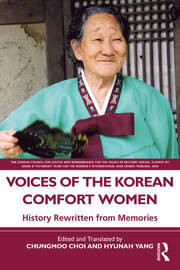
This volume shares testimonies of nine Korean comfort women, abducted during the Pacific War and later stigmatized postwar. Their detailed accounts, from forced recruitment, life in “comfort stations,” and struggles for dignity, are enriched by contextual notes, offering historical depth and emotional resonance. Read more ...
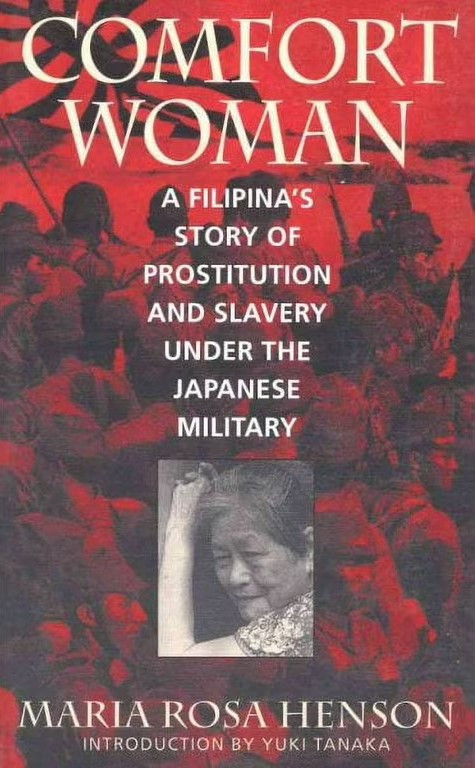
In 1943, fifteen-year-old Maria Rosa Henson was taken by Japanese soldiers in the Philippines and forced into sexual slavery, where she endured daily rape and brutal abuse by dozens of men. Decades later, she broke her silence to share her story in this powerful memoir that recounts her childhood, wartime ordeal, and resilience, becoming a voice for the comfort women who demanded justice. Read more...

This book contains 19 testimonies from surviving "Comfort Women," which portray the coercion, violence, abduction, rape and false imprisonment they suffered. Read more...
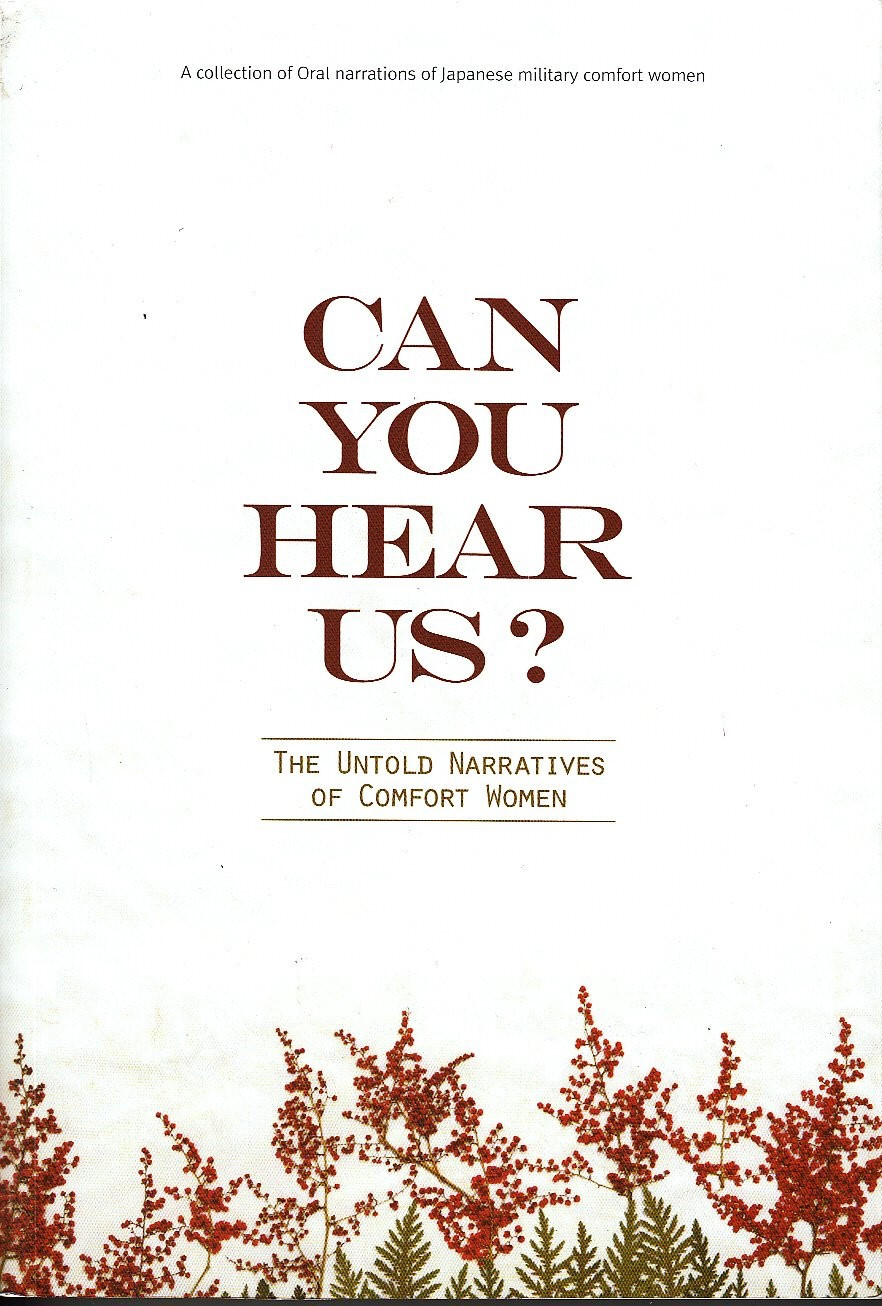
Can You Hear Us? gathers the oral testimonies of twelve survivors of Japan’s wartime “comfort women” system, revealing their experiences of coercion, trauma, and resilience. Alongside these narratives, the book highlights decades of activism and outlines government efforts to acknowledge and support survivors, situating personal stories within a broader historical and social context. Read more...
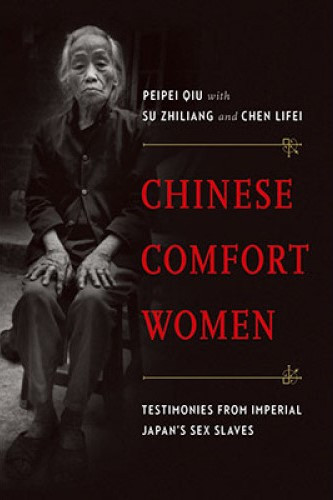
Chinese Comfort Women presents first-hand accounts of Chinese women abducted and enslaved by the Japanese military during the Asia-Pacific War. Through twelve survivors’ narratives, supported by investigative reports and local histories, the book exposes the atrocities of the “comfort station” system. Read more...

50 Years of Silence is Jan Ruff-O’Herne’s memoir of being forced into sexual slavery as a teenager in a Japanese military “comfort station” during World War II. After decades of silence, she broke her secrecy in the 1990s, turning her personal testimony into a call for recognition and justice for survivors. Read more...
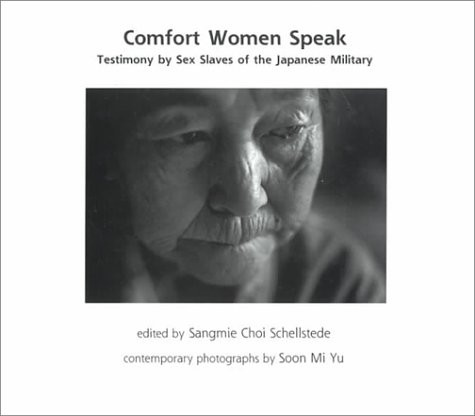
This book documents Japan’s World War II sexual slavery system through testimonies from comfort women. Survivors endured rape, abuse, forced abortions, and deprivation; most perished, while the few who lived carried lifelong trauma. Read more...

Hearts of Pine explores how three Korean survivors—Pak Duri, Mun Pilgi, and Bae Chunhui—used song as a vital means of memory, expression, and resilience after wartime sexual slavery. Through nearly a decade of ethnographic fieldwork, Pilzer shows how their singing functioned as both personal healing and public testimony, offering an alternative archive of history that highlights agency as well as trauma. Read more...
